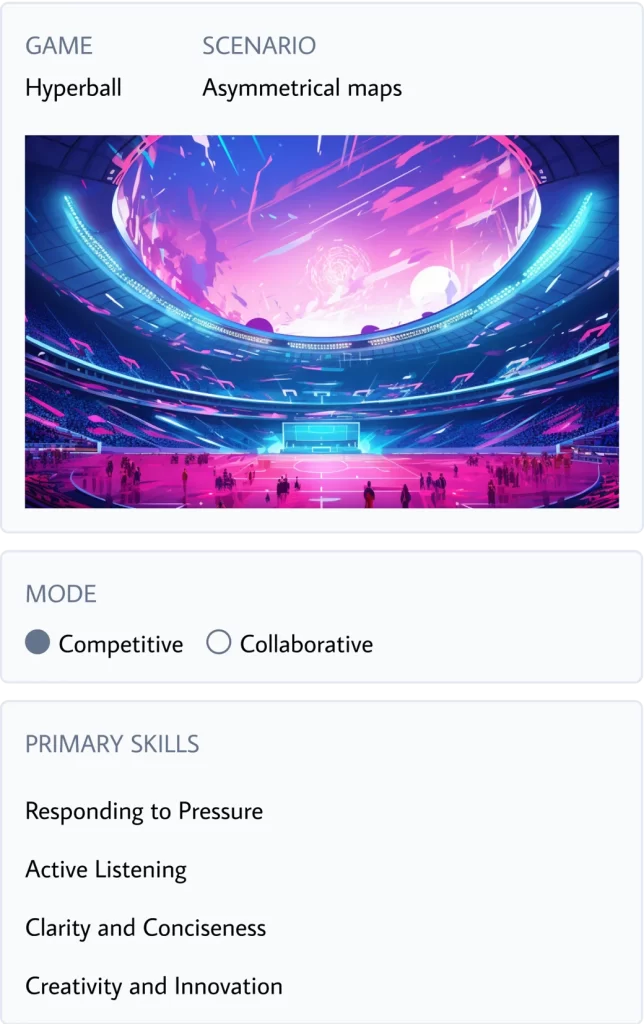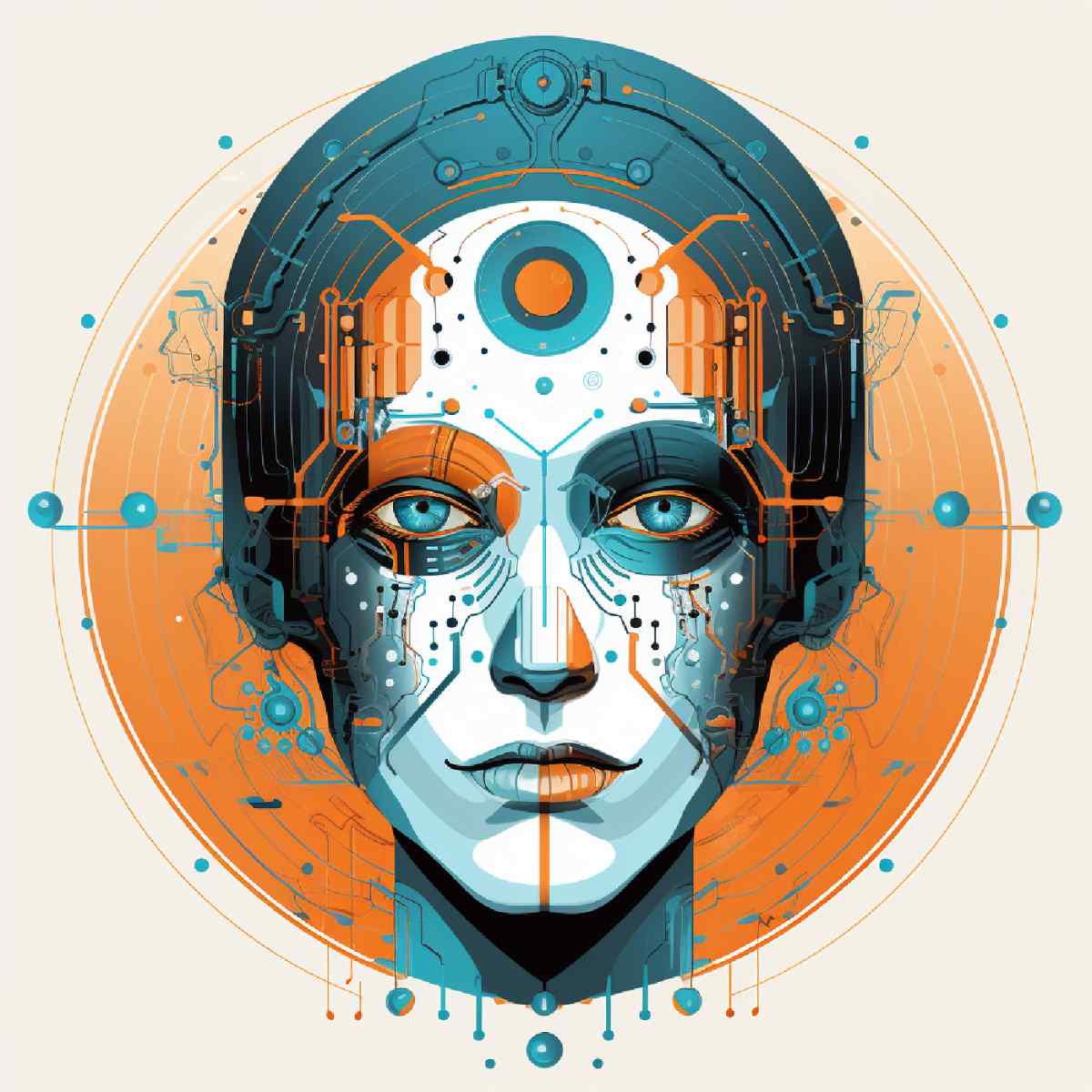1月1日~1月7日 | Jan 1 – Jan 7
新年快乐!我们将以一些有竞争力的对抗和关于技术的复杂讨论开始新的一年。
Happy New Year! We have some competitive clashes and complex discussions about technology to kick off the year.
游戏 | Play
超级球 | Hyperball
详情 | Details
为了开始新的一年,我们将进行为期两周的学生最爱的活动:超级球。
To start off the New Year, we’ll be running two weeks of a student favorite: Hyperball.
本周,不对称的地图将对团队施加压力,要么领先,要么从落后中奋起。但最优秀的团队在压力下表现出色:他们冷静,相互支持,并且绝不放弃。
This week, asymmetrical maps will put pressure on teams to both jump out ahead and to battle back from behind. But the best teams are effective under pressure: they’re calm, they support each other, and they never, ever give up.

游戏:超级球
场景:不对称地图
模式:🟢竞争 ⚪合作
主要技能:
应对压力
主动倾听
清晰简明
创造力和创新
GAME: Hyperball
SCENARIO: Asymmetrical maps
MODE: 🟢Competitive ⚪Collaborative
PRIMARY SKILLS:
Responding to Pressure
Active Listening
Clarity and Conciseness
Creativity and Innovation
反思 | Post-play
以下是一些后续反思问题,如果您希望与您的孩子讨论这次经历的话。
Here are some follow-up reflection questions, in case you’d like to discuss the experience with your child.
- 本周的超级球地图是关于“变异”的 – 在半场时改变它们以强制适应。你的团队设法改变策略了吗?如何改变?
The Hyperball maps this week were about “mutation” – changing them at halftime to force adaptation. Did your team manage to change strategies? How? - 你是否觉得在Synthesis期间,你参与团队游戏的能力有所进化?你在哪些方面有所提高?
Do you feel like your ability to participate and play with a team has evolved during your time at Synthesis? In what ways have you improved?
讨论 | Discussions
AI解决方案 | AI Solutions
在本周的活动中,学生将为一家从事从医疗保健到网络安全等领域的尖端AI项目的科技公司提供建议。做出明智的投资需要评估成本、成功概率和风险水平。本月晚些时候,我们不仅向学生征求意见,还向家长征求意见!在每个活动结束时,学生将有机会回答相同的问题。不同年龄段的结果会相同吗?还是会截然不同?(点击这里参与。)
In this week’s session, students advise a tech company with cutting-edge projects in AI, from healthcare to cybersecurity. Making a smart investment will require evaluating costs, probability of success, and levels of risk. Later this month, we’re not only asking students for their opinions; we’re also asking parents for theirs! At the end of each session, students will get a chance to answer these same questions. Will the generational results be the same? Or wildly different? (Click here to participate.)

